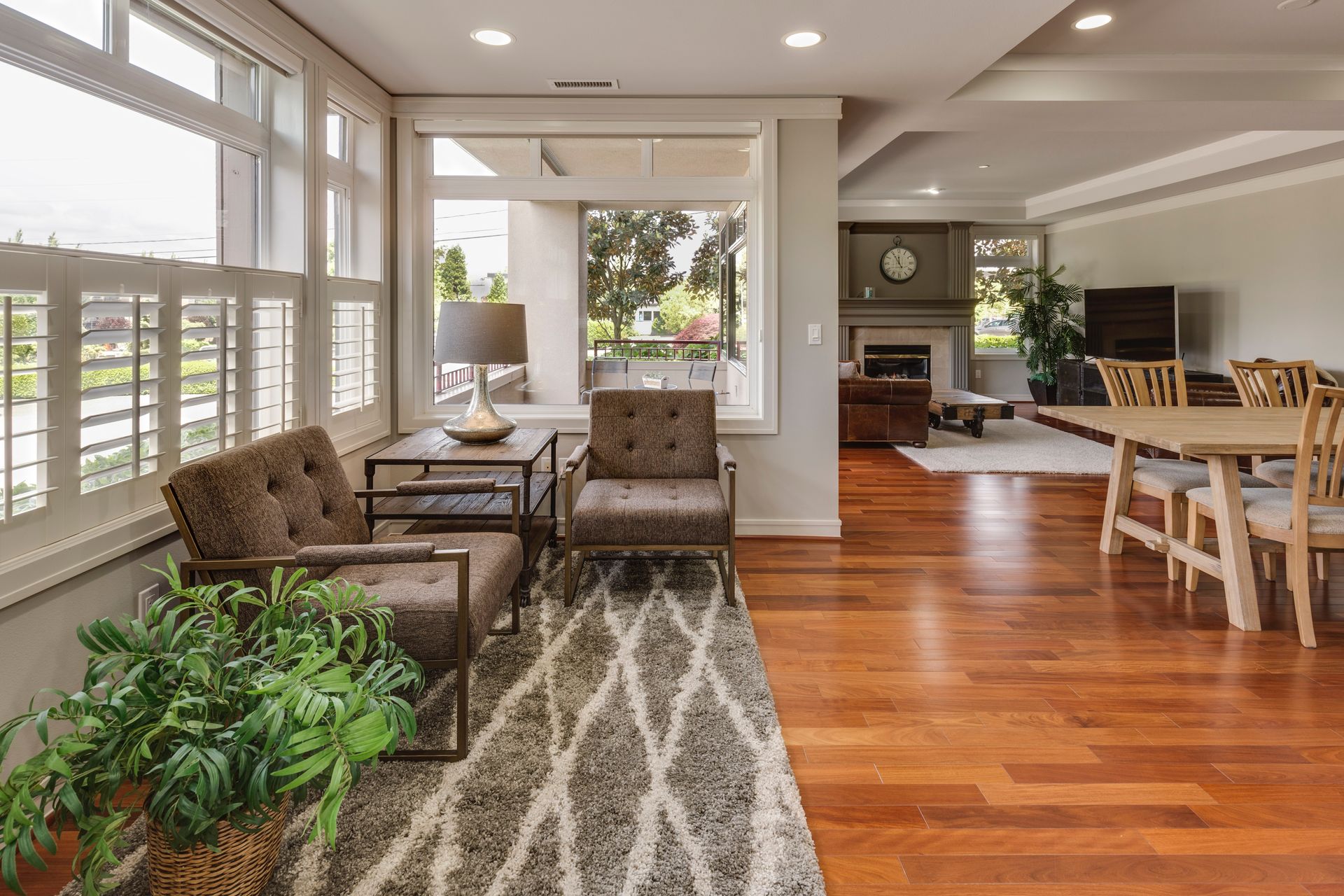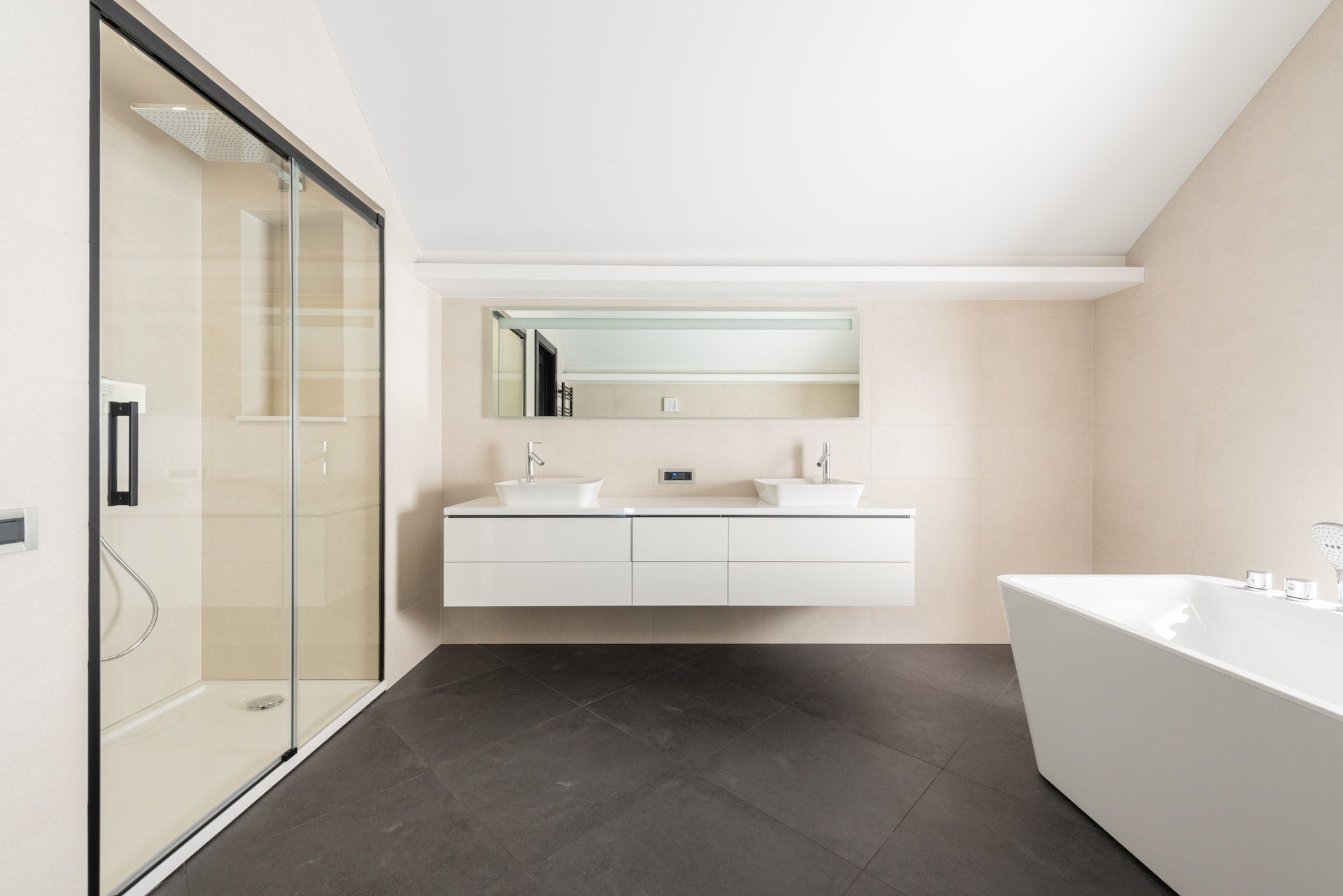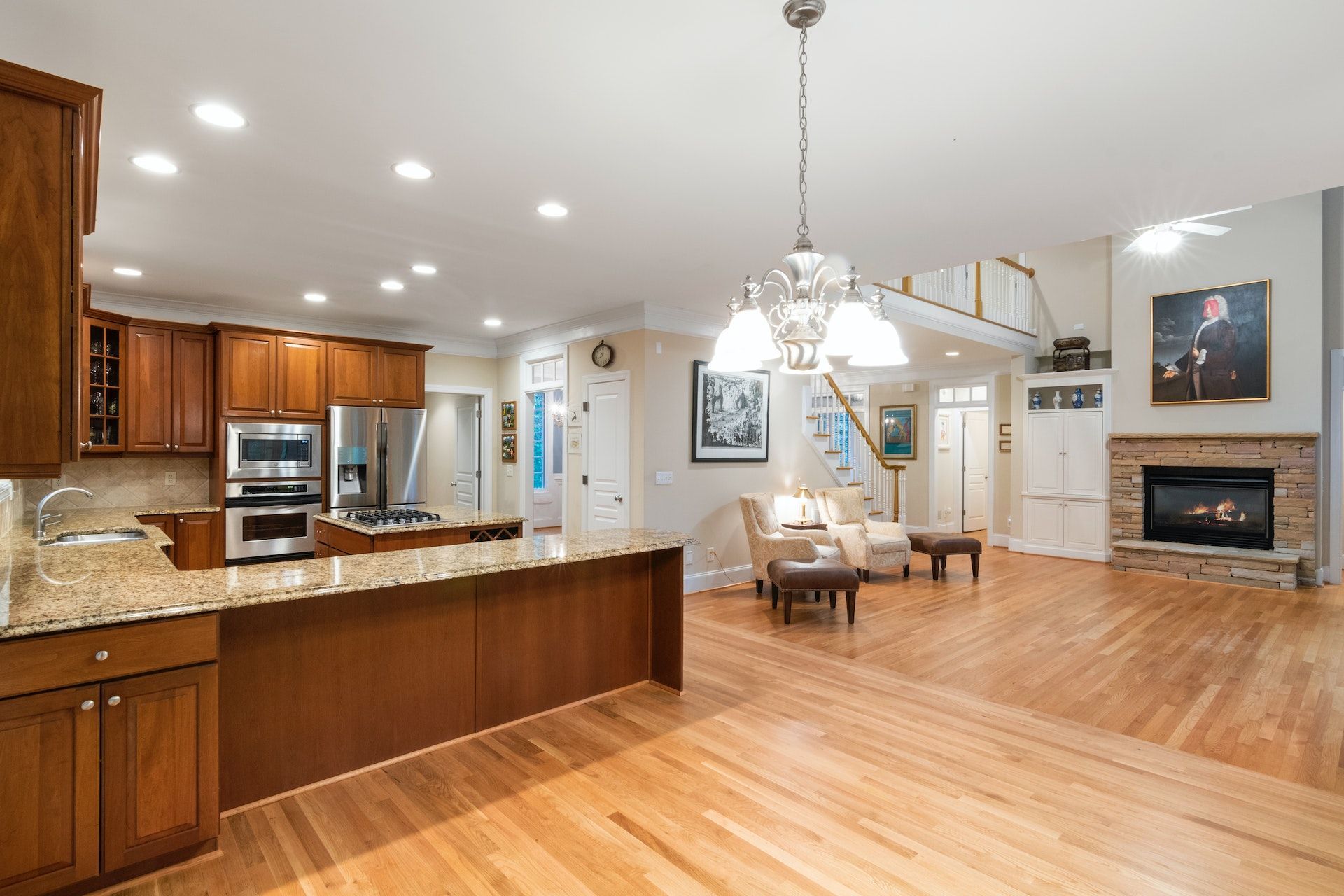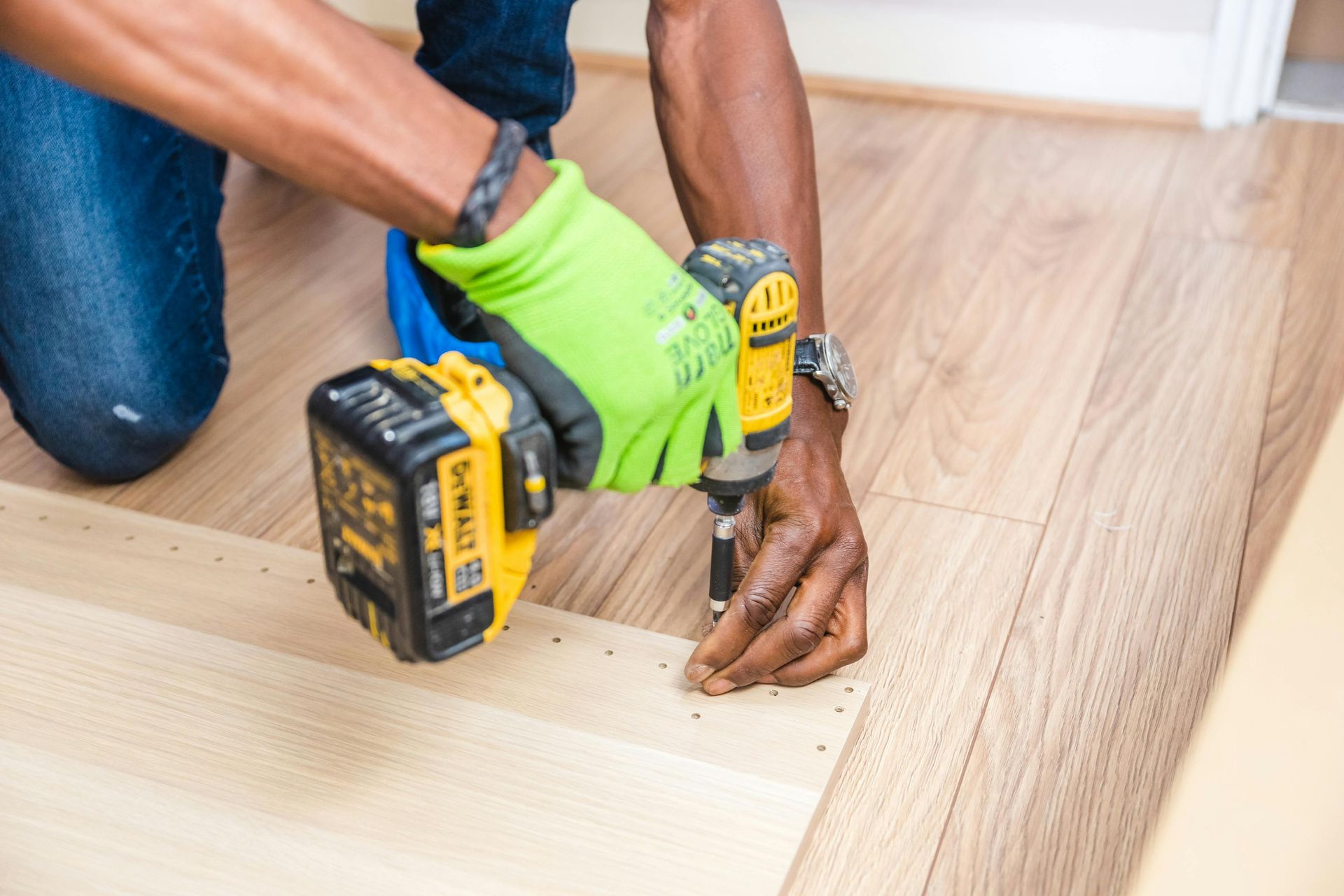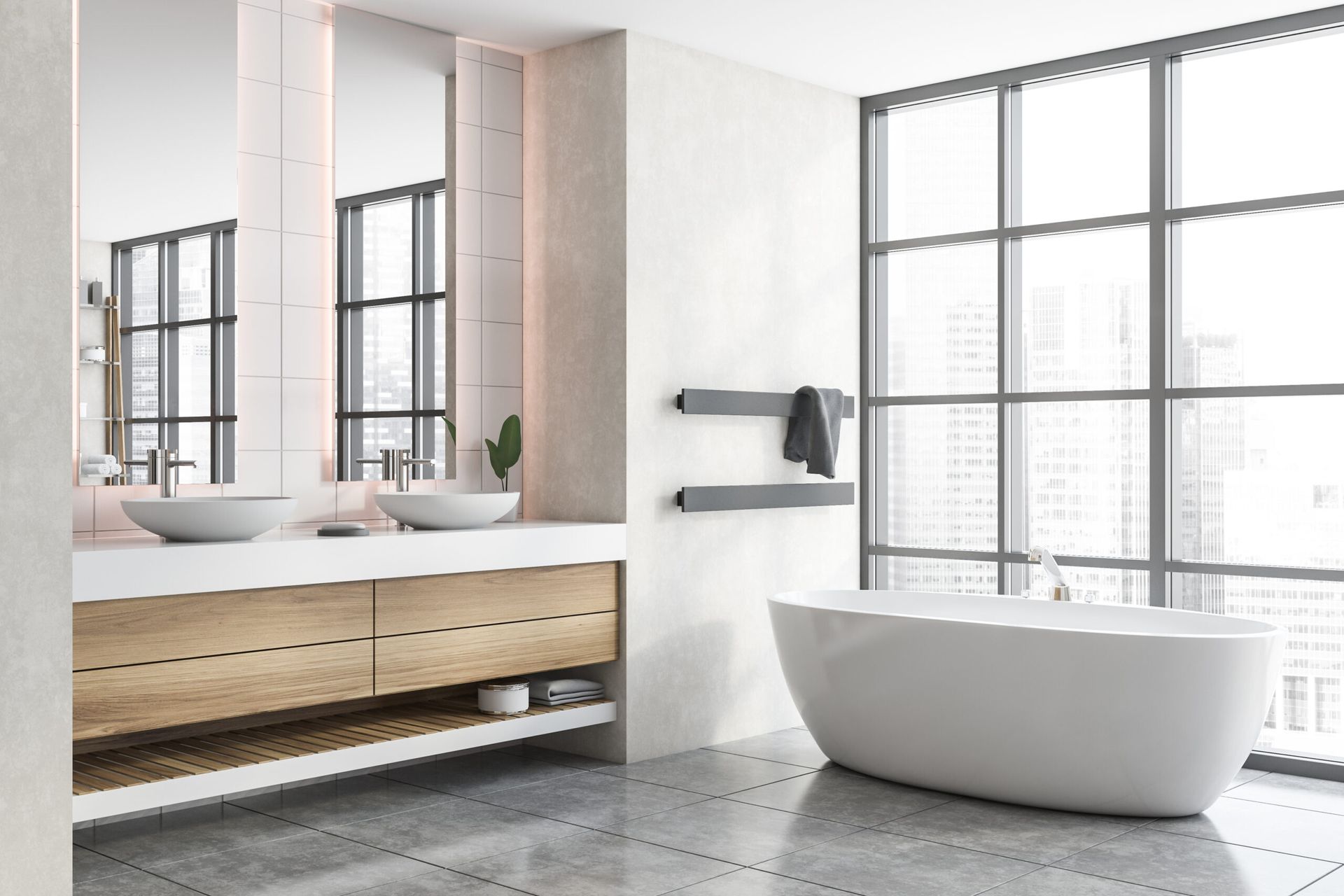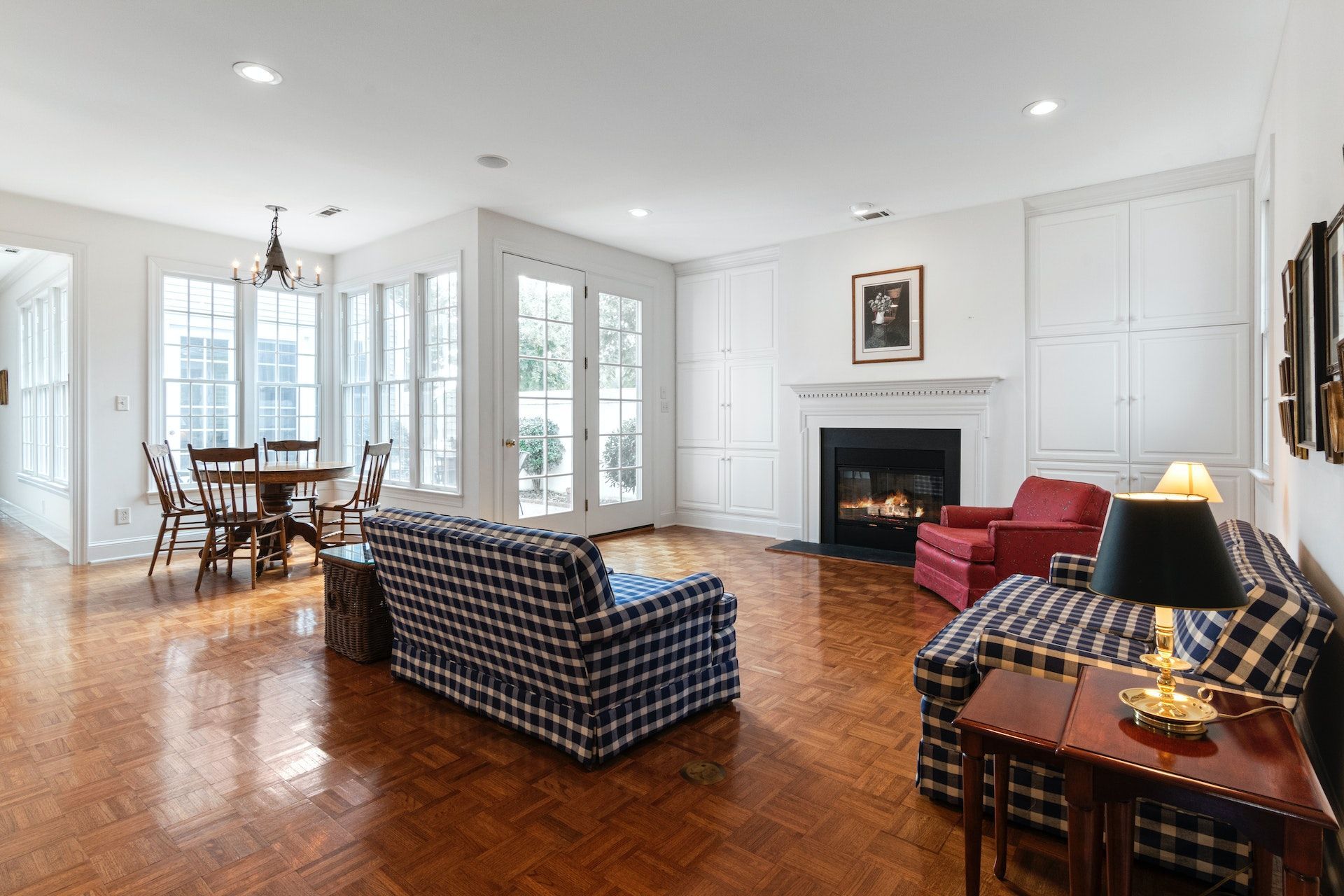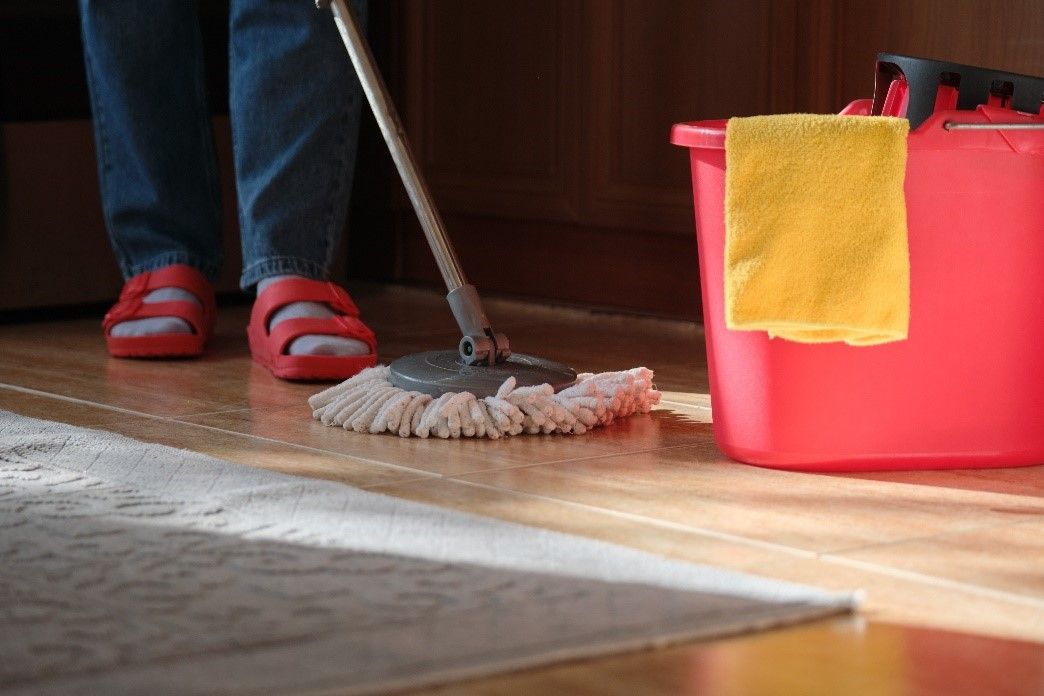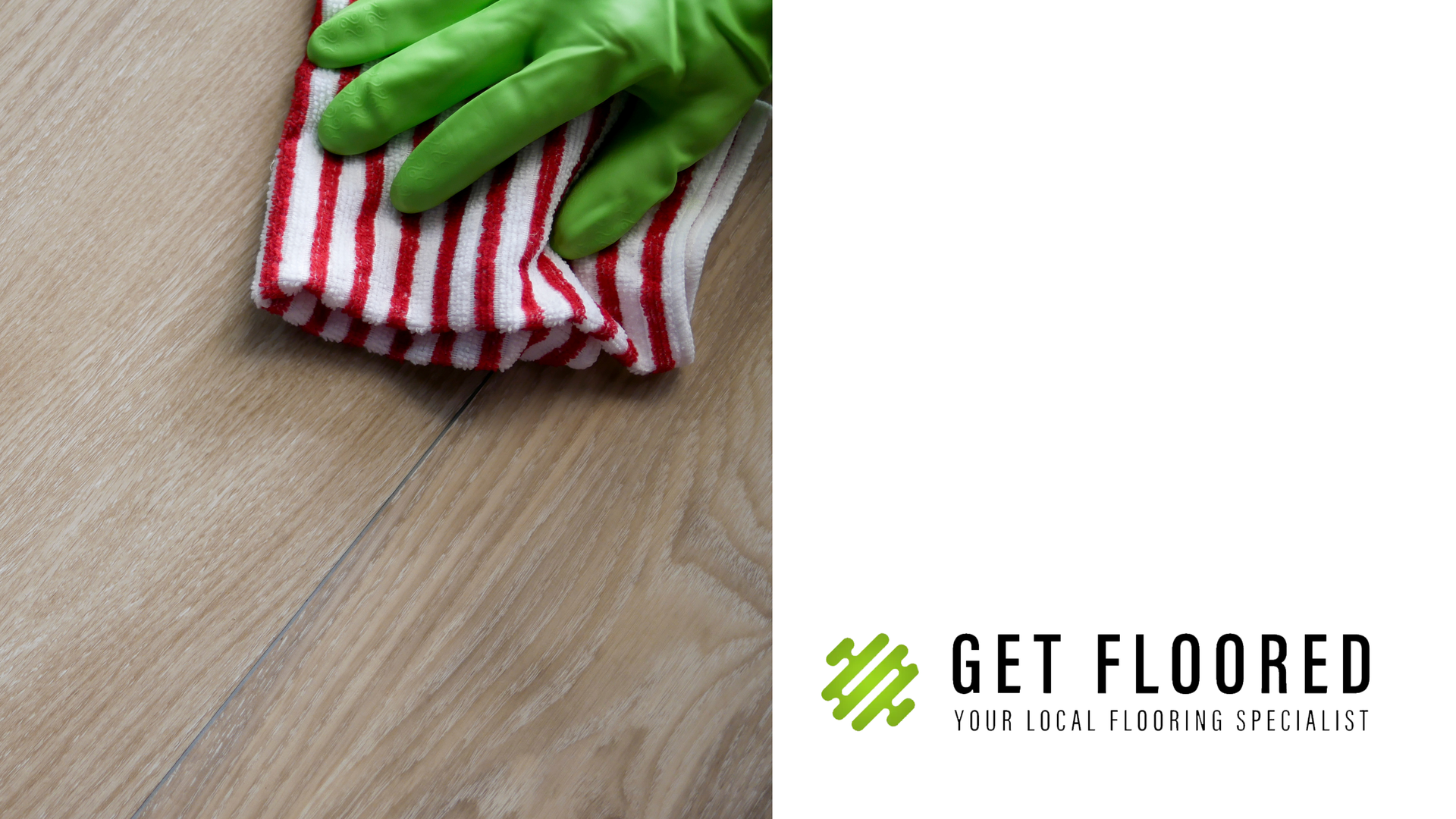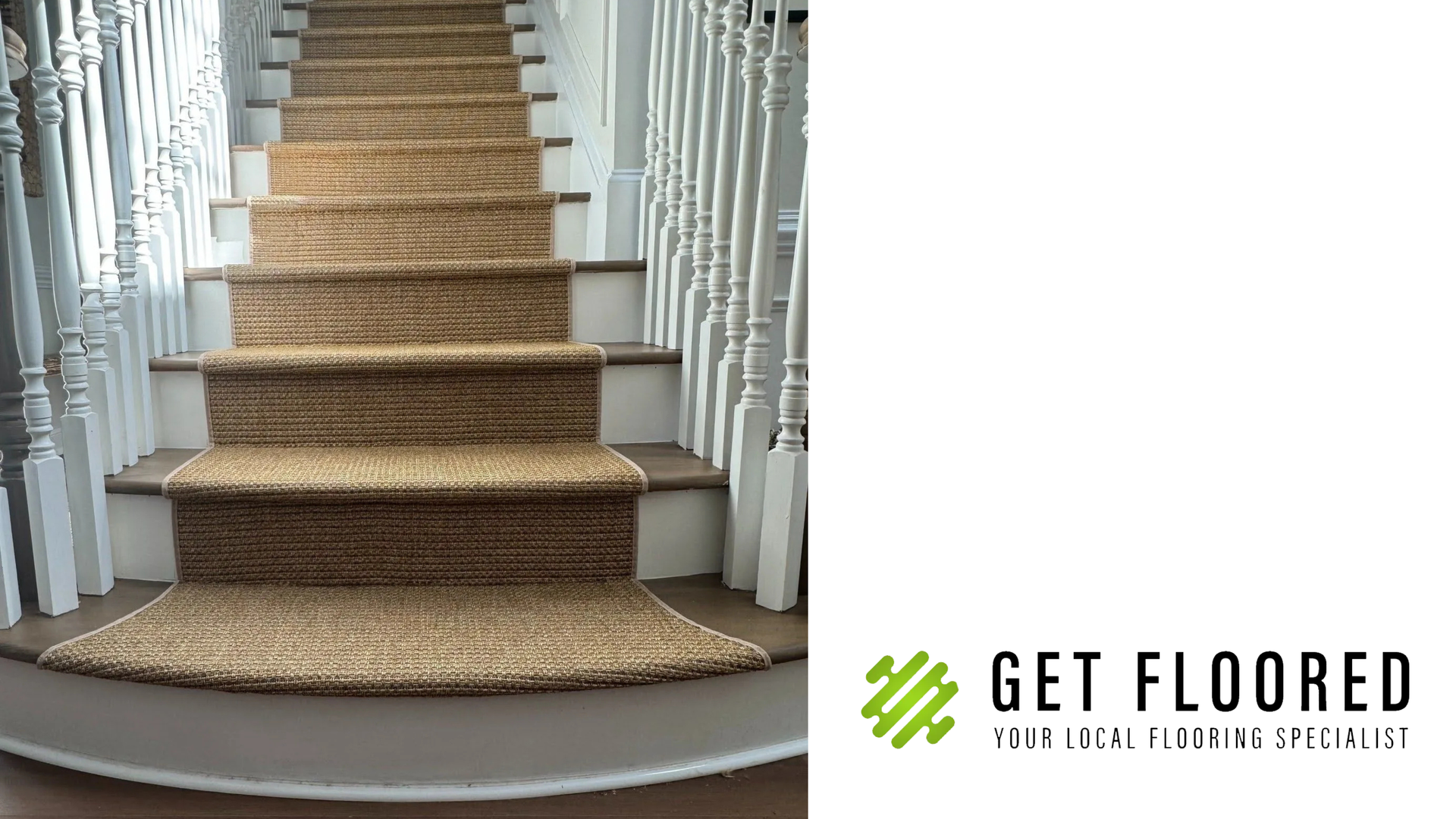How to Budget for New Hardwood Flooring
When you’re considering updating your home with hardwood flooring, there’s no doubt that it can be an exciting project. Hardwood adds beauty, value, and timeless style to any space, but it’s important to budget wisely to ensure you’re making a smart investment. Here’s everything you need to know about budgeting for your new hardwood floors—from choosing the right flooring options to understanding the costs of materials and installation.
Start by Understanding Your Flooring Options
Before diving into the specifics of how much your new hardwood flooring will cost, it’s essential to first explore your options. When it comes to wood flooring, there are several types available, each with different price points, installation methods, and long-term durability.
Types of Hardwood Flooring
The most common types of hardwood flooring are solid hardwood and engineered hardwood, both of which offer unique benefits.
- Solid Hardwood Flooring: This type of wood flooring is made from one solid piece of wood. Solid hardwood floors are often preferred for their natural beauty and durability, and they can be sanded and refinished multiple times over the years. However, they may not be suitable for areas with high humidity, such as basements or bathrooms.
- Engineered Hardwood Flooring: Unlike solid hardwood, engineered wood consists of multiple layers of wood stacked together, with a top veneer of hardwood. This construction makes engineered hardwood more stable and resistant to humidity fluctuations. It’s a great choice for kitchens, basements, or other areas where moisture might be an issue. Engineered hardwood can often be more cost-effective than solid hardwood, particularly if you’re aiming for a higher-end look without breaking the bank.
- Exotic Woods: If you’re looking for something unique, exotic wood options, such as Brazilian cherry or teak, may be appealing. These woods can elevate the look of your home, but they often come with a higher price tag. While they may be more expensive upfront, exotic woods are durable and can offer a stunning aesthetic.
The Cost of Hardwood Flooring
One of the biggest factors that will affect your budget for new hardwood floors is the cost of materials. While hardwood is often considered a premium flooring material, there are plenty of ways to save on hardwood flooring without sacrificing quality.
Materials and Installation Costs
The cost of hardwood flooring varies depending on several factors, such as the type of wood, the style you choose, and the square footage of the area you’re covering. Solid hardwood floors tend to be more expensive than engineered wood, but they can add significant value to your home.
It’s also important to factor in the cost of hardwood floor installation. Labor can make up a large portion of your overall budget, so it’s crucial to get accurate estimates from a reputable hardwood flooring store. The average cost to install hardwood floors depends on the complexity of the job, your location, and whether any existing flooring needs to be removed.
Installation costs can also vary based on the type of hardwood flooring you choose. For example, solid hardwood installation may require more labor-intensive methods, while engineered hardwood floors can often be installed using floating techniques, which are typically faster and more cost-effective.
Considering Existing Flooring
Before deciding on new hardwood flooring, you’ll need to account for any existing flooring that may need to be removed. Removing old flooring—whether it’s laminate flooring, carpet, or tile—can add to the overall costs of the project. Some hardwood flooring stores offer removal services, but this may be an additional expense you’ll need to plan for in your budget.
If you’re trying to keep costs down, you may want to consider cost-effective alternatives like laminate flooring. Laminate floors mimic the look of hardwood but come at a fraction of the cost. While laminate flooring doesn’t offer the same level of durability as hardwood, it’s an excellent option for high-traffic areas on a budget.
Budget-Friendly Tips for Hardwood Installation
While hardwood flooring can be an investment, there are plenty of ways to save on hardwood flooring without sacrificing quality or style. Here are a few tips:
- Choose the Right Type of Wood: While exotic woods are beautiful, they can be expensive. Opting for more common wood species like oak, maple, or hickory can help lower your costs. These woods are durable, widely available, and can complement a variety of home styles.
- Consider Engineered Wood: As mentioned earlier, engineered wood is often more affordable than solid hardwood and is ideal for moisture-prone areas. It can also provide the same aesthetic appeal as solid hardwood, making it a great option for those on a budget.
- Do Your Own Installation: If you’re comfortable with DIY projects, you may want to tackle the installation yourself. Hardwood floor installation can be tricky, but it’s possible with the right tools and knowledge. Just be aware that mistakes can be costly, so be sure to weigh the pros and cons of DIY before making a decision.
- Shop Around for Deals: Not all hardwood flooring stores charge the same prices. Take the time to shop around and compare prices at different stores in your area. You may be able to find discounts or clearance sales that can help reduce the overall cost.
- Keep Long-Term Value in Mind: When budgeting for new hardwood flooring, it’s important to consider the long-term benefits. Hardwood floors are an investment that can increase your home’s resale value. They’re also highly durable and can last for decades if properly maintained. When you choose a high-quality hardwood floor, you’re investing in your home’s future.
Pros and Cons of Hardwood Flooring
Like any flooring material, hardwood flooring comes with both pros and cons that should be taken into account when setting your budget.
- Durability: Hardwood floors are known for their longevity. With proper care, they can last a lifetime.
- Aesthetic Appeal: Hardwood floors add timeless beauty and elegance to any home.
- Value: Hardwood flooring can increase the resale value of your home.
- Cost: As mentioned, hardwood flooring can be expensive, especially when factoring in installation costs.
- Maintenance: Hardwood floors require regular maintenance to keep them looking their best, including refinishing every few years.
- Susceptibility to Scratches: While hardwood floors are durable, they can be scratched by pets, furniture, and high heels.
Long-Term Benefits of Hardwood Flooring
When budgeting for hardwood installation, it’s essential to think about the long-term value that hardwood floors bring to your home. Not only will they enhance the beauty of your space, but they can also be refinished multiple times to restore their appearance, extending their lifespan. In the long run, the durability and timeless style of hardwood floors make them an excellent investment.
If you’re ready to make the jump to hardwood flooring, take the time to carefully assess your options, weigh the pros and cons, and create a realistic budget. With the right planning, you can enjoy beautiful hardwood floors that add value to your home for years to come.
